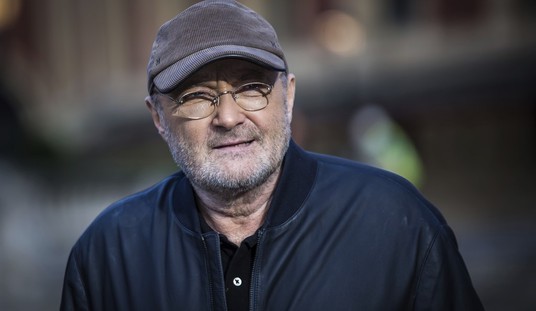I began telling people my kids were funny as early as my son’s first birthday. “How’s Jonah?” “Oh, he’s funny—and he knows it!” Wink. Folks would smile and nod, their thoughts probably ranging from What a proud young father, to That dad has no idea what he’s talking about, to What a shock, pompous Hamilton thinks his baby’s a genius.
I am sure they were right, but four more years and two more kids have proven me right, too, if a little before my time. Jonah found his funny bone a few years ago. Triple the humor, knack for timing, and easy-go-luckiness, and that’s my Annie, now at age two. In fairness to her brother, I must acknowledge that she cheats. Understanding less than him (but probably more than we realize), and temporarily stuck in a mode of speech that pronounces only the first letter sounds of words (“D, I n m d, p! Th.” = “Dad, I need my drink, please! Thanks”), all she needs to do to hijack Jonah’s joke so that we forget he conceived it is to start commenting on it with Mussolini-like passion, and then laugh hysterically.
At age five, Jonah no longer enjoys the luxury of effusing gobbledygook to earn a laugh. Cute has turned handsome, which no longer compensates for reasonless, meaningless absurdity in humor. Once his boy brain entered into the sphere of the rational, he graduated to an echelon of humor with a higher threshold of laughter—not so high as his 11-year-old cousin’s, or his 29-year-old parents’, or his grandparents’—but high enough to prove challenging and even a little discouraging when his dead jokes start piling up around his cowboy boots like so many crickets. The new standard requires him to say something truly ridiculous (which, as he will eventually learn in an un-funny lesson, comes from the Latin ridiculare, “to laugh”). Unlike the absurd, the ridiculous earns laughter not because rationality seems hopelessly elusive, but because the rational and irrational momentarily appear interchangeable, right before rationality resumes its place as the only real choice.
Severe though the truth may be, our adult funny and his boy funny are now one, just as Shakespeare’s Elizabethan tongue was technically no less “Modern English” than the language used to write this article. He has progressed from the medieval Old and Middle Humor of toddlerdom into the age of rational laughter, the heartiest guffaw heard among man, boy, bird, and beast. But there are rules. Unlike the Pearl poet of yore, Hemingway was not allowed to spell a word five different ways on one page, and unlike my hilarious daughter, Jonah is not allowed to spew nonsense to get chuckles. Rather, he is allowed, but it will not work.
Poor boy. We keep moving the comic goal posts on him—and he knows it. Wink. Desperately wanting his parents to deem him hilarious, six months ago he started following his jokes with a customer satisfaction survey: “Is that funny?” Usually he asks this when we do not laugh—unless he thinks we have not heard him, in which case he re-riddles us until he provokes exactly the opposite reaction he hoped for (not, of course, because he failed to humor us, but because we have a family rule against repeating ourselves).
But occasionally he asks us this when he has made us laugh. What means this? Have we so confused our child that his most fundamental barometers of social engagement are deaf to cues as obvious as laughter? Is he ruined at five, when we had such high hopes for him at seven? If so, for shame; but probably not.
More likely, each time he tastes the thrill of making us laugh with something he created all by himself, he yearns to breathe it deep into his lungs. Who can blame him? I was once the same, and probably still am, more than I care to admit. I guess his logic goes like this: When I’m not funny, they don’t laugh. When I’m a little funny, they say so. When I’m really funny, they laugh. If I could be just a little funnier than really funny, they would laugh and say I’m funny. I’m so close; I’ll reach: “Is that funny?”
Oh, son. More than you know. Wink.










Join the conversation as a VIP Member